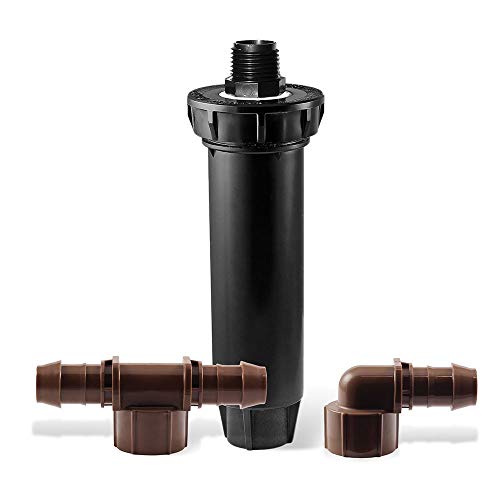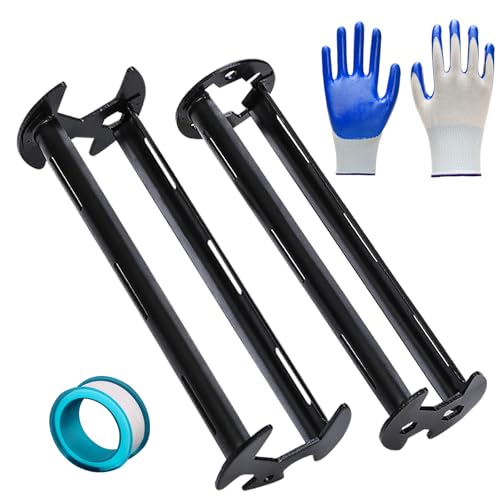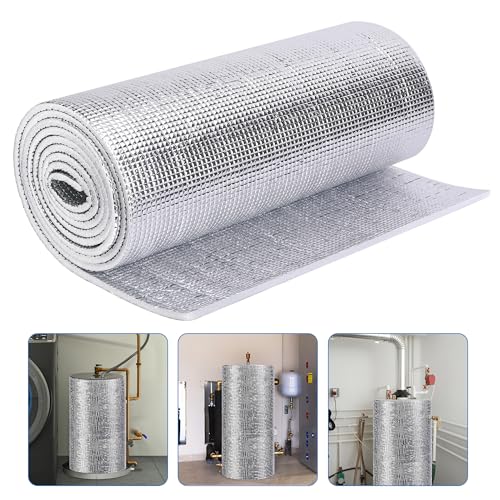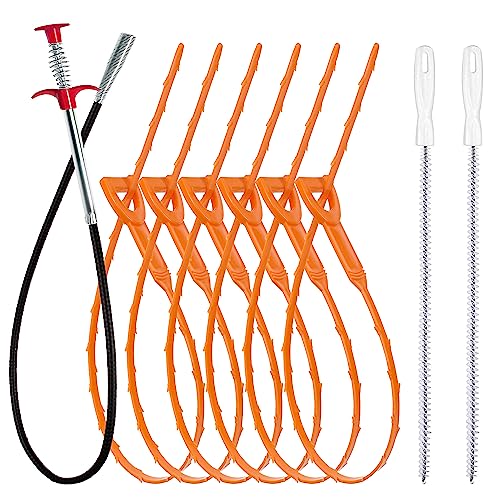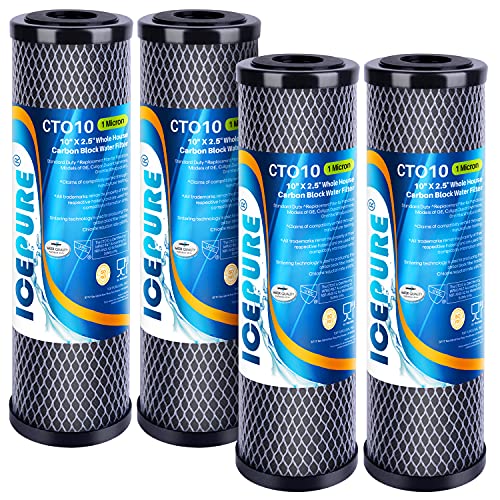Bird Doo Head
Well-Known Member
Many decades ago, I did a plumbing apprenticeship & got my Journeyman's. (I'm not a plumber by trade.) I was sternly taught to always ream pipe ends to remove the burr. The burr would make a place for minerals to build up.
This applied to copper tubing, iron pipe, stainless and brass. The only exception was cast iron soil pipe got the edges cleaned with a grinder unless it was bell-and-spigot. Those got left as-cut.
PVC was just becoming acceptable and we did not touch on it in school.
I sometimes watch house fixing TV shows and never see the plumber ream pipe. Even the guy on This Big Budget show (This Old House) doesn't ream. Also, at work, only the older plumbers and hydronic guys ream pipes & copper tubing.
Do you guys remove the burr inside a pipe after it's cut? Just curious.
This applied to copper tubing, iron pipe, stainless and brass. The only exception was cast iron soil pipe got the edges cleaned with a grinder unless it was bell-and-spigot. Those got left as-cut.
PVC was just becoming acceptable and we did not touch on it in school.
I sometimes watch house fixing TV shows and never see the plumber ream pipe. Even the guy on This Big Budget show (This Old House) doesn't ream. Also, at work, only the older plumbers and hydronic guys ream pipes & copper tubing.
Do you guys remove the burr inside a pipe after it's cut? Just curious.











